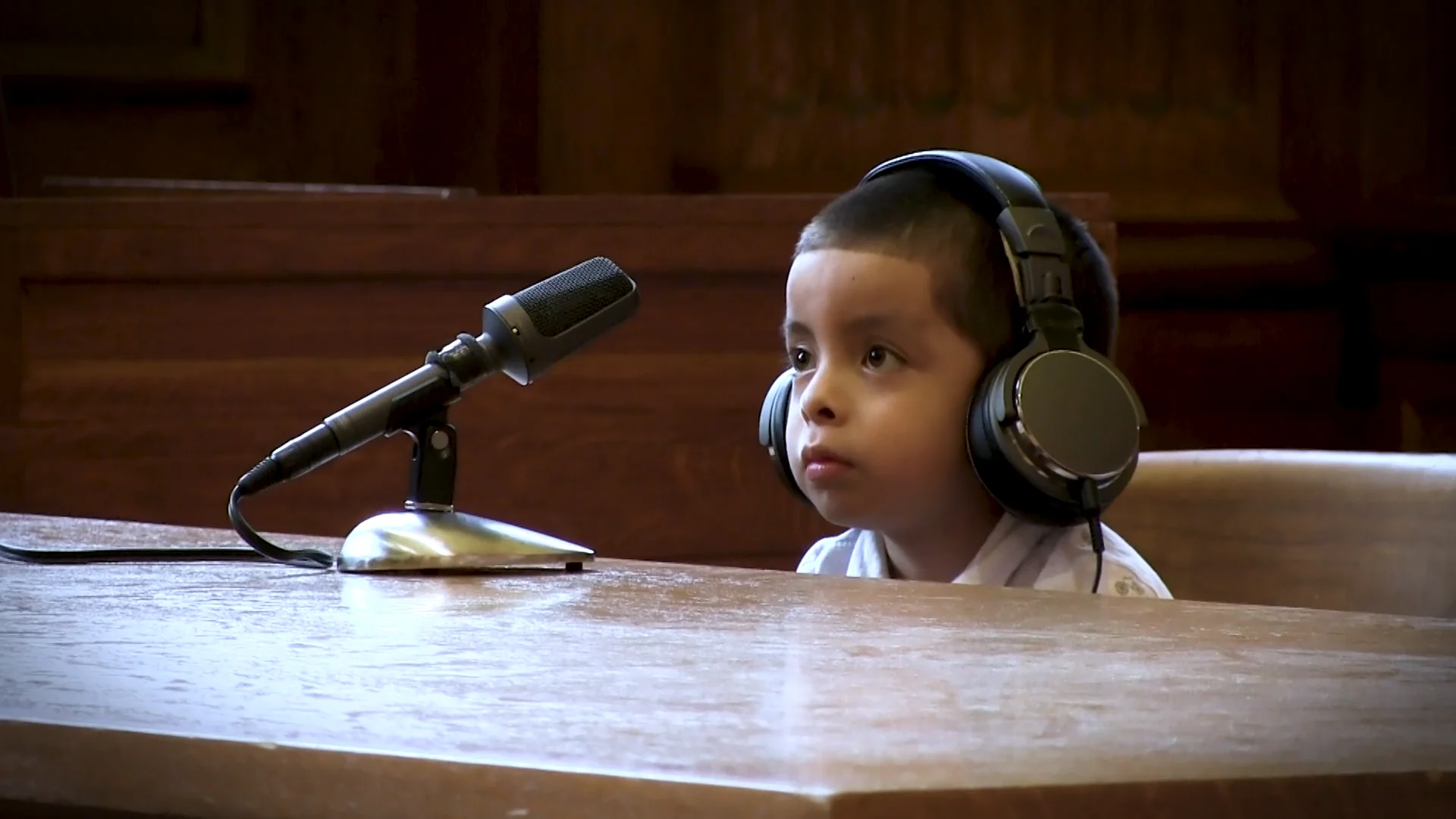Every day, in a quiet federal courtroom in Newark, New Jersey, children are called to stand before an immigration judge. Some are as young as toddlers. Some have attorneys at their side, while others face the proceedings completely alone. Some arrive with a parent or relative, while others sit in the courtroom without any family at all.
The setting is stark: immigration court is not criminal court, but the stakes are often just as high. The decisions made in these rooms can determine whether a child is allowed to stay in the United States or faces deportation to a country they may barely remember—or one where danger still looms.
Children in the Immigration System
Newark is home to one of the busiest immigration courts in the region, and its caseload includes hundreds of children each year. Many of these minors have fled violence, poverty, or instability in their home countries. Others were brought to the U.S. at a young age and are now caught in the complex legal system that governs immigration.
Unlike in criminal proceedings, immigrants — including children — are not guaranteed the right to an attorney. That means some kids in Newark Immigration Court must try to navigate complicated legal hearings without professional legal help. The presence of a lawyer can make the difference between securing legal protection and being ordered to leave the country.
A Difficult Path Without Representation
Children without attorneys are at a severe disadvantage. Immigration law is notoriously complex, and even adults struggle to understand the process. For minors, especially those who do not speak English fluently, the challenge is overwhelming. Judges, while often sympathetic, must still follow the law. Without legal guidance, a child’s chances of securing asylum, Special Immigrant Juvenile Status, or other protections diminish drastically.
Attorneys who volunteer or work pro bono in Newark often describe the experience as emotionally heavy but critically important. They argue that these hearings are not abstract legal exercises—they are about children’s safety, family unity, and, in many cases, survival.
The Role of Family and Support Systems
While some children appear in court alone, others are accompanied by family members who may also be in the middle of their own immigration cases. The presence of family can provide emotional support, but it does not replace the expertise of legal counsel. Community organizations and advocacy groups across New Jersey have stepped in to provide resources, legal aid, and social services to these young people, but demand far outweighs availability.
New Jersey has made strides in expanding access to legal defense funds for immigrants, but the need continues to grow, especially as Newark remains a central hub for immigration hearings in the state.
Newark at the Heart of a National Issue
The scene unfolding in Newark Immigration Court is not unique to New Jersey, but the city represents a microcosm of the broader national conversation around immigration. Children are at the center of debates about border policies, humanitarian responsibilities, and America’s identity as a nation of immigrants.
For many families, Newark is the place where their fate is decided. Whether a child is allowed to stay in the U.S. or must return to a country they fled depends on a complex mix of legal arguments, available evidence, and—too often—whether they had access to an attorney.
Why This Matters for New Jersey
Immigration is not just a national issue; it is a New Jersey issue. The state is home to one of the most diverse populations in the country, with immigrant communities helping to shape its economy, culture, and future. The cases heard in Newark Immigration Court ripple outward, affecting schools, neighborhoods, and workplaces across the state.
New Jerseyans who follow developments in politics and immigration know that these courtrooms hold more than legal proceedings—they hold the stories of children whose futures are on the line.
Looking Ahead
As debates continue in Washington and Trenton over immigration policy, the children appearing in Newark Immigration Court remain caught in the middle. Their stories remind us that immigration is not only about laws and numbers but about real people facing life-changing decisions.
For the children who step up to the judge’s bench—sometimes clutching a parent’s hand, sometimes alone—the outcome of their case can determine the course of their entire lives. The question remains: will New Jersey and the nation ensure that no child faces that moment without a voice to speak for them?












